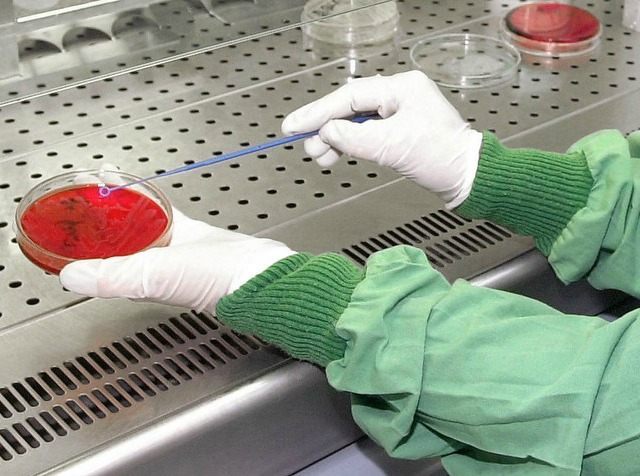TEL AVIV – Israeli agricultural researchers have mass cultivated a strain of fungus that boosts crop yields and saves on water and fertilizers, ISRAEL21c reported.
Groundwork BioAg’s Rootella is a highly concentrated strain of mycorrhizal fungus that has been 25 years in the making. Until now, no one has discovered how to farm mycorrhizal fungi without incurring sky-high costs.
Other forms of wild mycorrhizal fungi known as truffles are extortionately priced. At a Sotheby’s auction last year, a four-pound white truffle fetched $61,250.
“Simply put, our mission is to cover the world’s arable land with mycorrhiza,” says Groundwork BioAg co-founder and vice president of sales and marketing Dan Grotsky.
The fungus lengthens plant roots a hundred-fold, allowing them to absorb water and soil nutrients from fertilizers and compost much more efficiently.
“As the plants get more nutrients, farmers get higher yield and that’s what counts most,” Grotsky told ISRAEL21c. “Secondly, they save on water and fertilizers.”
The plan is to use Rootella primarily on corn and soy. In one of Groundwork’s trials in Ohio last year, the fungus doubled the yield of soy crop.
According to Grotsky, the process is completely natural and environmentally friendly. Furthermore, Rootella will mitigate the environmental damage caused by phosphorus, the main ingredient in fertilizer.
“Humankind mines phosphorus like crazy, and after it peaks around the year 2030 we’ll start mining less and less as it gets depleted. Phosphorus eventually finds its way into lakes, streams, and oceans, and we’ll have to recycle it or somehow fish it out of waterways or biomass, which is not easy,” Grotsky explains.
“Mycorrhiza exist nearly everywhere in the world, but they’ve been depleted by modern agriculture techniques,” said Grotsky. “We’re not introducing chemicals but rather an organism that is an important part of healthy soil. We are restoring the natural balance.”
“There are many vendors of mycorrhiza in the world but very few producers,” says Grotsky. “Mostly it’s found in niche markets today for plants that require mycorrhiza to grow well, like corn, sorghum, onions, garlic, and cannabis. You’ll also find it in organics and other high-margin crops, as well as turf. We have a perpetual, exclusive, global license for this technology, making Rootella uniquely cost effective so we can compete in mainstream agriculture.”
Groundwork BioAg conducted its research and field trials in cooperation with Israel’s Volcani Institute Agricultural Research Organization.

COMMENTS
Please let us know if you're having issues with commenting.